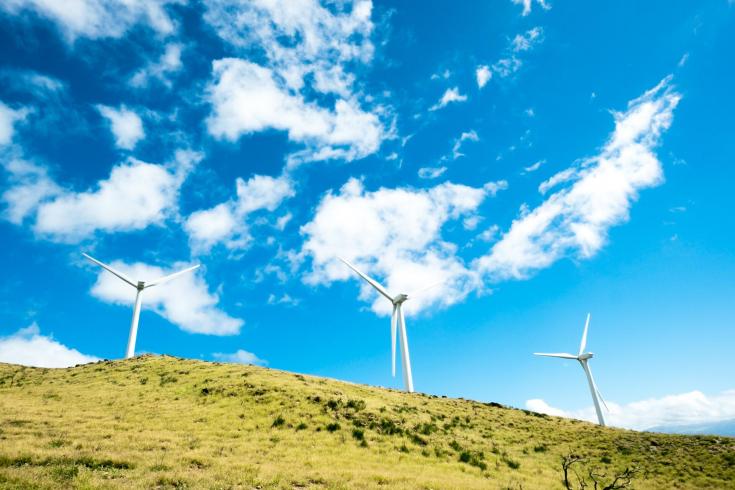Energy Governance Regulation enters into force

The EU’s new regulation on the governance of the energy union and climate action entered into force at the end of December 2018, to support the aims of the Clean Energy for All Europeans package.
The governance mechanism is based on four key components:
- Integrated National Energy and Climate Plans
The Regulation requires every EU Member State to draft an Integrated National Energy and Climate Plan (NECP) for the period 2021-2030 that will have a profound impact on how energy policies are managed in Europe. The draft version of the NECPs were submitted to the Commission by the end of December 2018, and final versions must be completed by 31 December 2019. Member States will use the year to consult with stakeholders and the public. The plan is to have them updated every ten years.
- National Long-term Strategies
Member States must also define long-term strategies, covering a thirty year period, which are in harmony with the NECPs. The first must be submitted to the Commission by 1 January 2020 with subsequent submissions every ten years, though where needed, strategies can be updated at five year intervals. The strategies must cover greenhouse gas emissions and adaptation policies, renewable energy and energy efficiency, sector-specific content on the energy system, industry, transport and agriculture, and contain considerations of financing the energy transition.
- An EU Long-term Strategy
Accompanying the national strategies, an EU-wide strategy has been proposed for decarbonising Europe by 2050. The Commission has now entered into a period of consultation to ensure that the strategy is informed by all stakeholders, and should enable the EU to submit its strategy to the United Nations Framework Convention on Climate Change (UNFCCC) by early 2020, as required by the Paris Agreement. The strategy does not set targets, but creates a vision and foresees action in seven strategic areas: energy efficiency; deployment of renewables; clean, safe and connected mobility; competitive industry and circular economy; infrastructure and interconnections; bio-economy and natural carbon sinks; and carbon capture and storage.
- Integrated reporting, monitoring and data publication
Member States will be required to report to the Commission by March 2023, and then every subsequent two years, on the progress of implementing the NECPs. The Commission will establish an e-platform by January 2020 for exchanging such data, which will also be open to the public. Where Member States are not on track to meet their targets, the Commission will issue recommendations. An annual State of the Energy Union report will be issued each year to the European Parliament and the Council.
Click here to see the full Energy Governance Directive.
